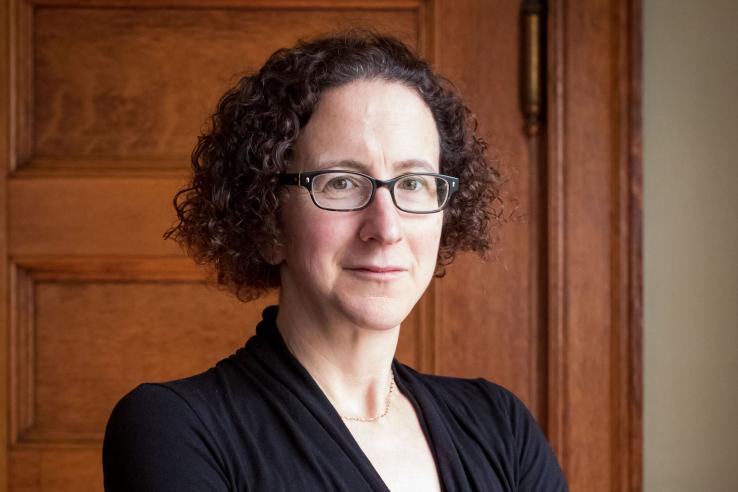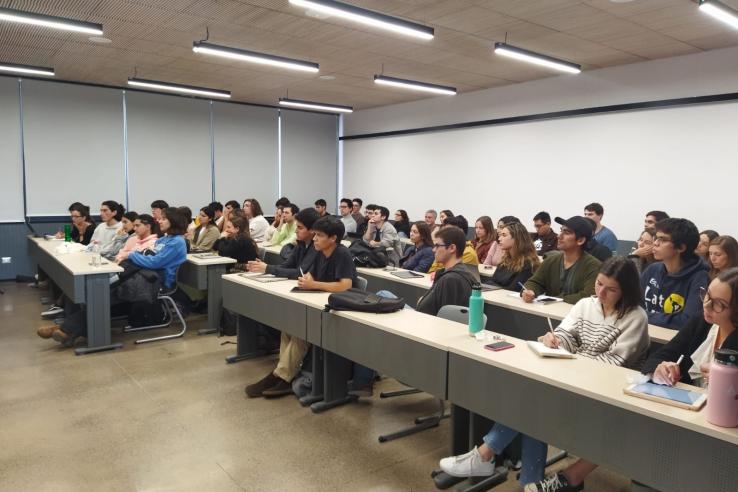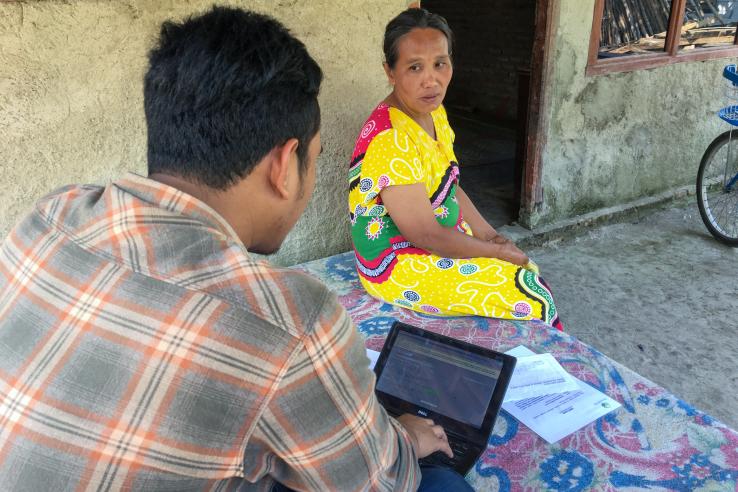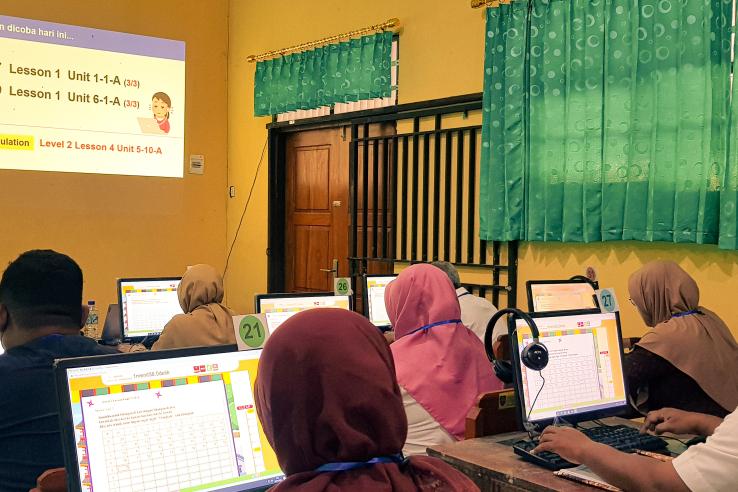News, ideas, and analysis from J-PAL staff and affiliated professors. Subscribe to our newsletter to receive monthly email updates.
- About
- Offices
- Sectors
-
The Abdul Latif Jameel Poverty Action Lab (J-PAL) is a global research center working to reduce poverty by ensuring that policy is informed by scientific evidence. Anchored by a network of more than 1,000 researchers at universities around the world, J-PAL conducts randomized impact evaluations to answer critical questions in the fight against poverty.
-
The Abdul Latif Jameel Poverty Action Lab (J-PAL) is a global research center working to reduce poverty by ensuring that policy is informed by scientific evidence. Anchored by a network of more than 1,000 researchers at universities around the world, J-PAL conducts randomized impact evaluations to answer critical questions in the fight against poverty.
-
Our affiliated professors are based at over 120 universities and conduct randomized evaluations around the world to design, evaluate, and improve programs and policies aimed at reducing poverty. They set their own research agendas, raise funds to support their evaluations, and work with J-PAL staff on research, policy outreach, and training.
-
Our Board of Directors, which is composed of J-PAL affiliated professors and senior management, provides overall strategic guidance to J-PAL, our sector programs, and regional offices.
-
J-PAL recognizes that there is a lack of diversity, equity, and inclusion in the field of economics and in our field of work. Read about what actions we are taking to address this.
-
J-PAL initiatives concentrate funding and other resources around priority topics for which rigorous policy-relevant research is urgently needed.
-
We host events around the world and online to share results and policy lessons from randomized evaluations, to build new partnerships between researchers and practitioners, and to train organizations on how to design and conduct randomized evaluations, and use evidence from impact evaluations.
-
News, ideas, and analysis from J-PAL staff and affiliated professors.
-
Browse news articles about J-PAL and our affiliated professors, read our press releases and monthly global and research newsletters, and connect with us for media inquiries.
-
Based at leading universities around the world, our experts are economists who use randomized evaluations to answer critical questions in the fight against poverty. Connect with us for all media inquiries and we'll help you find the right person to shed insight on your story.
-
-
J-PAL is based at MIT in Cambridge, MA and has seven regional offices at leading universities in Africa, Europe, Latin America and the Caribbean, Middle East and North Africa, North America, South Asia, and Southeast Asia.
-
J-PAL is based at MIT in Cambridge, MA and has seven regional offices at leading universities in Africa, Europe, Latin America and the Caribbean, Middle East and North Africa, North America, South Asia, and Southeast Asia.
-
Our global office is based at the Department of Economics at the Massachusetts Institute of Technology. It serves as the head office for our network of seven independent regional offices.
-
J-PAL Africa is based at the Southern Africa Labour & Development Research Unit (SALDRU) at the University of Cape Town in South Africa.
-
J-PAL Europe is based at the Paris School of Economics in France.
-
J-PAL Latin America and the Caribbean is based at the Pontificia Universidad Católica de Chile.
-
J-PAL MENA is based at the American University in Cairo, Egypt.
-
J-PAL North America is based at the Massachusetts Institute of Technology in the United States.
-
J-PAL South Asia is based at the Institute for Financial Management and Research (IFMR) in India.
-
J-PAL Southeast Asia is based at the Faculty of Economics and Business at the University of Indonesia (FEB UI).
-
-
Led by affiliated professors, J-PAL sectors guide our research and policy work by conducting literature reviews; by managing research initiatives that promote the rigorous evaluation of innovative interventions by affiliates; and by summarizing findings and lessons from randomized evaluations and producing cost-effectiveness analyses to help inform relevant policy debates.
-
Led by affiliated professors, J-PAL sectors guide our research and policy work by conducting literature reviews; by managing research initiatives that promote the rigorous evaluation of innovative interventions by affiliates; and by summarizing findings and lessons from randomized evaluations and producing cost-effectiveness analyses to help inform relevant policy debates.
-
How can we encourage small farmers to adopt proven agricultural practices and improve their yields and profitability?
-
What are the causes and consequences of crime, violence, and conflict and how can policy responses improve outcomes for those affected?
-
How can students receive high-quality schooling that will help them, their families, and their communities truly realize the promise of education?
-
How can we increase access to energy, reduce pollution, and mitigate and build resilience to climate change?
-
How can financial products and services be more affordable, appropriate, and accessible to underserved households and businesses?
-
How do policies affecting private sector firms impact productivity gaps between higher-income and lower-income countries? How do firms’ own policies impact economic growth and worker welfare?
-
How can we reduce gender inequality and ensure that social programs are sensitive to existing gender dynamics?
-
How can we increase access to and delivery of quality health care services and effectively promote healthy behaviors?
-
How can we help people find and keep work, particularly young people entering the workforce?
-
What are the causes and consequences of poor governance and how can policy improve public service delivery?
-
How can we identify effective policies and programs in low- and middle-income countries that provide financial assistance to low-income families, insuring against shocks and breaking poverty traps?
-







